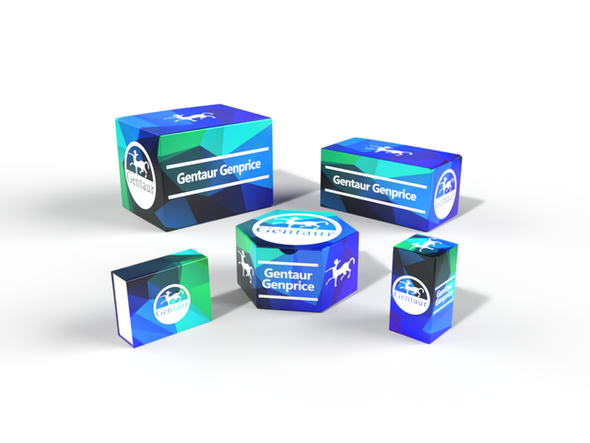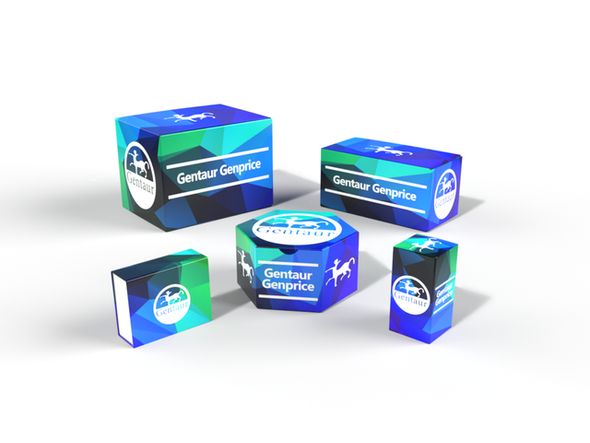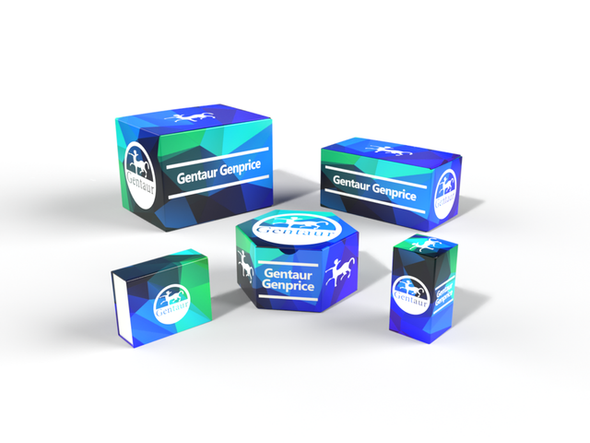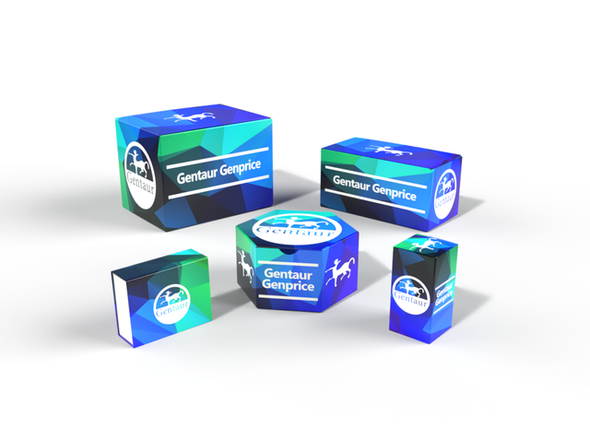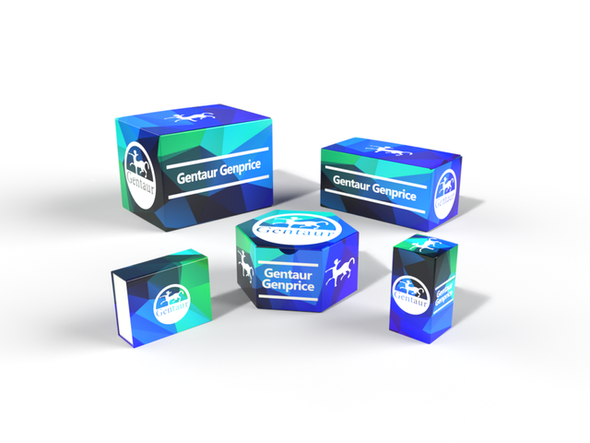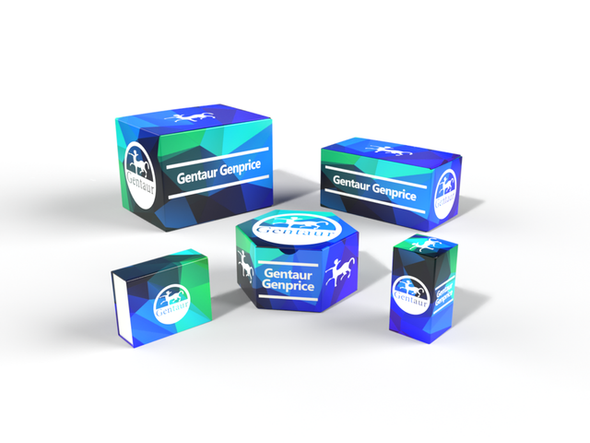451 Recombinant Proteins and Cell culture
KLH | Keyhole limpet hemocyanin | AS99 001
- SKU:
- 451-AS99 001
- Availability:
- Usually ships in 5 working days
Description
KLH | Keyhole limpet hemocyanin | AS99 001 | Gentaur UK, US & Europe Distribution
Immunogen: Purified keyhole limpet hemocyanin (KLH), whole molecule,
Host: Rabbit
Conjugation: N/A
Clonality: Polyclonal
Isotype: N/A
Purity: Immunogen affinity purified serum in PBS pH 7.4.
Format: Lyophilized
Tested Application: ELISA (ELISA), Immunolocalization (IL), Western blot (WB)
Related Products: AS99 002 | anti-BSA rabbit antibodyAS02 023 | anti-BSA hen antibody
Recommended Dilutions: 1: 10 000 (ELISA), 1: 10 000 (WB), 1: 1000 (IL)
Molecular weight: ca, 400 kDa/subunit
Confirmed Reactivity: Megathura crenulata - most commonly used carrier protein
Predicted Reactivity: N/A
Not reactive in: No confirmed exceptions from predicted reactivity are currently known
Additional Information: Antibody can be used as a negative control to determine if observed signal is generated by anti-KLH or anti-peptide antibodies, Due to its large size KLH protein will be very difficult to separate on SDS-PAGE
Background: Keyhole limpet hemocyanin (KLH) is a large cooper-containing protein consisting of subunits with MW of 400 kDa. It is found in the hemolymph of the sea mollusk Megathura crenulata. This extracellular respiratory protein has many immunostimulatory properties, including the ability to enhance the host's immune response by interacting with T cells, monocytes, macrophages, and polymorphonuclear lymphocytes. Since its discovery, KLH has been used primarily as a carrier for vaccines and antigens and as adjuvant treatment in regimens such as antimicrobial therapy.
Reconstitution: For reconstitution add 50 µl of sterile water
Storage: Store lyophilized/reconstituted at -20°C; once reconstituted make aliquots to avoid repeated freeze-thaw cycles. Please remember to spin the tubes briefly prior to opening them to avoid any losses that might occur from material adhering to the cap or sides of the tube.
TAIR Nnumbre: N/A
Category: Carrier Proteins
Research Area: Immunoassys



